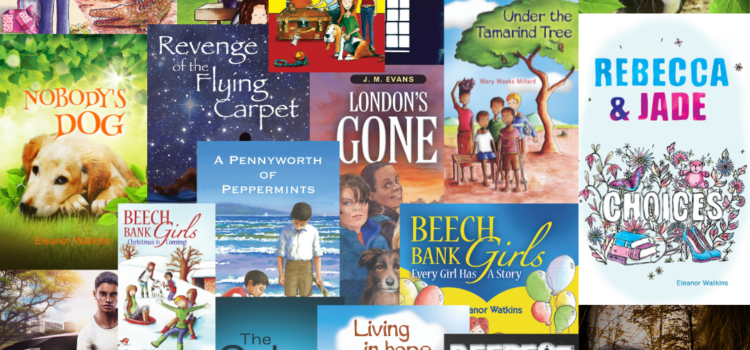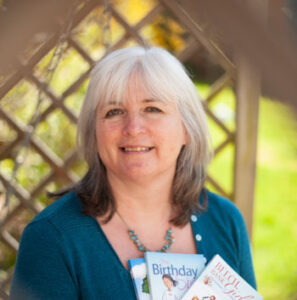
Why Christian Fiction for Children and Teens?
Janet Wilson, founder of Dernier Publishing, responds to this question:
“We have a serious problem: too many churches have no children. Most children won’t hear the good news at school, or at home, either.
This is alarming, because our young people are the church of today, as well as the church of tomorrow.
Most people nod and smile politely when they ask me what I do, and I tell them I’m a publisher of Christian fiction for young people. Sounds pretty harmless, doesn’t it?
When I applied for a visa to visit China a few years ago, I had a totally different reaction.
The super-efficient interviewer at the visa application centre looked at me with a hard stare when I told him what I do.
With his neat black hair, impeccable suit and inscrutable expression, he trawled through my application papers with a fine tooth comb, followed by a good look at the Dernier Publishing website.
He disappeared for a while, before returning and handing me a pen and paper.
I had to sign and date a declaration in my own handwriting, stating that I would take no part in publishing or media activities whilst in the country, should I be granted the visa. The interviewer also took my mobile phone number, no doubt for tracking purposes.
“The Chinese government will have the final say,” he said, taking back the pen and paper.
In China, if I did what I do here in the UK, I would be breaking the law. I might even be languishing in prison or doing hard labour, because Christian books for children are banned in China.
But they are just stories! we might say.
And we would be wrong. Stories are powerful. We are story creatures. Stories seep into our very souls. It’s the way we learn about the world, about our place in it, about people and right and wrong, about consequences and the truth and how to act in our world.
Fortunately for us, here in the UK we are free to legally produce and give away story books for children that are written from a Christian perspective. At the moment, anyway.
Do we make the most of this freedom?
We need to provide our children (and not just our own children), with stories relevant for them, with characters young people can identity with, exciting plots to draw them in, thrilling adventures and dangers to delight them, satisfying endings to bring hope. And a message to remember.
A message to mull over. Whether the theme is revenge, justice, prayer, trust, or an orphan discovering that he has a father in heaven who cares for him, stories can share biblical truth and build faith.
Stories allow us to think things over for ourselves and come to our own conclusions. They do change lives.
Jesus told stories for a reason – every one had a point, but you had to want to see the point to get it. Christian fiction for young people does the same.
We may not see immediate results from reading our children stories, or giving them Christian fiction to read, but stories will shape their thinking, help us to see things they didn’t know, build faith, and ultimately give glory to God.
According to Scripture Union, only 5% of children have any involvement in church, but many are interested in spiritual matters. They are hungry. They want to know. They are seeking the truth.
75% of the people reading this post will have taken their first steps of faith before the age of 21. Did you? I was 13 when I found my new life in Christ.
Every single child in this country should have access to excellent, relevant, fun fiction, that will allow them to think about faith for themselves. When a child tells me that one of our books is the best story I’ve ever read, I smile, because I know the Holy Spirit is moving in their lives, touching a place only He can.
Oh, and I got my visa and I went to China. But that’s another story.”

In a speech entitled, The Importance of Storytelling, The Rt Hon Nick Gibb, MP, said, “Would the teachings of the Bible have been so powerful had Jesus never told the story of the Good Samaritan, but simply instructed his followers to care for all humankind? … Humans are hard-wired to remember stories, to the point that psychologists have referred to stories as ‘psychologically privileged’ in the human mind.*
*https://www.gov.uk/government/speeches/the-importance-of-storytelling
